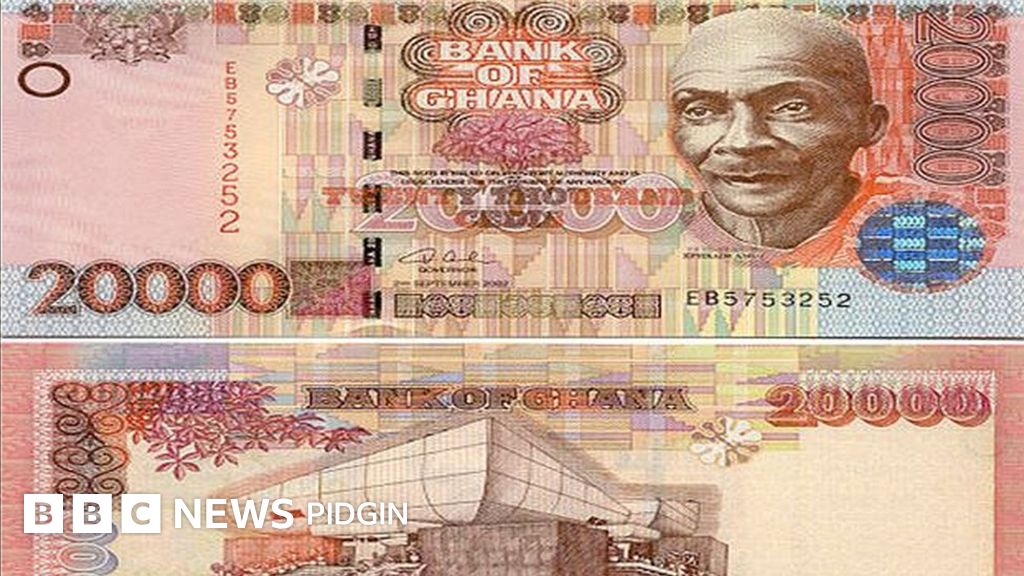Political Uncertainty And The Canadian Dollar: A Minority Government Scenario

Table of Contents
Increased Volatility in the CAD Exchange Rate
Minority governments inherently lead to unpredictable policy changes, creating a volatile environment for the Canadian dollar. The inherent instability stems from the government's reliance on the support of other parties to pass legislation. This dependence can result in:
- Increased frequency of elections: The threat of an early election hangs over a minority government, creating ongoing uncertainty for businesses and investors. This constant possibility of a political shift directly impacts investor confidence and, consequently, the CAD exchange rate.
- Difficulty passing budgets and major legislation: Negotiations and compromises with other parties can lead to delays and even the failure to pass crucial economic legislation. This inaction can negatively influence market sentiment and increase volatility in the CAD.
- Potential for policy gridlock and delays: Disagreements among parties can lead to a standstill on important policy decisions, hindering economic progress and fostering uncertainty in the markets. This unpredictability directly impacts the CAD exchange rate, making it more susceptible to sudden swings.
- Greater susceptibility to market reactions to political news: Every political development, even minor ones, can trigger significant market reactions in a minority government scenario. News headlines and political pronouncements can lead to sharp fluctuations in the CAD, as investors react to the potential implications for economic policies.
For instance, periods of heightened political tension in Canada have historically coincided with increased volatility in the CAD. Analyzing past instances reveals a clear correlation between political uncertainty and fluctuations in the CAD exchange rate, highlighting the importance of understanding this dynamic.
Impact on Foreign Investment in Canada
Foreign investors are inherently risk-averse and tend to shy away from politically unstable environments. A minority government in Canada can significantly impact foreign investment due to the increased uncertainty surrounding future policies. This translates to:
- Decreased foreign direct investment (FDI): Businesses are less likely to commit significant capital to long-term projects when faced with the uncertainty of potential policy shifts. This decreased FDI can hinder economic growth.
- Lower levels of portfolio investment: Similarly, investors are less inclined to invest in Canadian assets (stocks, bonds, etc.) when political instability increases the perceived risk. This reduced portfolio investment further weakens the CAD.
- Negative impact on economic growth: The overall decrease in foreign investment stemming from political uncertainty negatively impacts Canada's economic growth, creating a downward spiral affecting the CAD's value.
A stable political climate and clear, consistent economic policies are vital for attracting foreign investment. The confidence of foreign investors is directly linked to the stability of the CAD and the overall health of the Canadian economy.
The Role of Commodity Prices and the CAD
Canada’s economy is heavily reliant on commodity exports, such as oil and lumber. This inherent dependence makes the Canadian dollar particularly susceptible to global commodity price fluctuations. These fluctuations are significantly amplified by political uncertainty:
- Impact of global demand on commodity prices: Changes in global demand for Canadian commodities directly impact their prices, influencing the CAD. Increased demand typically strengthens the CAD, while decreased demand weakens it.
- Correlation between commodity prices and the CAD exchange rate: A strong positive correlation exists between commodity prices and the CAD exchange rate. When commodity prices rise, the CAD typically strengthens, and vice versa.
- How political uncertainty exacerbates the effect of commodity price swings on the CAD: Political instability adds another layer of risk, magnifying the impact of commodity price swings. Uncertainty regarding government policies related to resource extraction and trade can lead to amplified CAD volatility.
A minority government’s potential inability to effectively manage the resource sector – for example, through delays in approving pipeline projects or uncertainty around environmental regulations – might worsen the situation, leading to more pronounced fluctuations in the CAD exchange rate.
Specific Policy Areas of Concern
Certain sectors of the Canadian economy are particularly vulnerable to policy changes under a minority government. This vulnerability significantly influences the CAD exchange rate. Key areas of concern include:
- Uncertainty around environmental regulations: Changes in environmental policy, particularly regarding resource extraction, can significantly impact related industries and the CAD. This uncertainty can lead to investor hesitation and price volatility.
- Potential shifts in trade policy: A minority government might face difficulties in maintaining consistent trade relationships, creating uncertainty for businesses engaged in international trade and influencing the CAD's value.
- Impact on specific industries and related CAD performance: The energy sector, for instance, is exceptionally sensitive to policy changes. Uncertainty around energy policy can lead to significant swings in the CAD.
Analyzing potential scenarios—for instance, the impact of a sudden change in environmental regulations on the energy sector—is crucial for understanding the possible repercussions on the Canadian dollar.
Conclusion
Minority governments in Canada create political uncertainty, increasing volatility in the Canadian dollar's exchange rate, impacting foreign investment, and exacerbating the effects of commodity price fluctuations. Specific policy areas, such as energy and trade, are particularly susceptible to significant changes under a minority government. Understanding the potential impact of political uncertainty on the Canadian dollar is crucial for investors, businesses, and anyone involved in international trade. Stay informed about Canadian political developments and economic indicators to better navigate the challenges and opportunities presented by a minority government scenario and its effects on the Canadian dollar. Continuously monitor the CAD exchange rate and related news for informed decision-making.

Featured Posts
-
 Beyonce Channels 1991 Iconic Levis Advert Gets A Modern Update
Apr 30, 2025
Beyonce Channels 1991 Iconic Levis Advert Gets A Modern Update
Apr 30, 2025 -
 Atff Secmeleri Stuttgart Ta Gelecegin Yildizlarini Arayis
Apr 30, 2025
Atff Secmeleri Stuttgart Ta Gelecegin Yildizlarini Arayis
Apr 30, 2025 -
 Trumps Dismissal Of Doug Emhoff From Holocaust Memorial Council Jta Report
Apr 30, 2025
Trumps Dismissal Of Doug Emhoff From Holocaust Memorial Council Jta Report
Apr 30, 2025 -
 Tpbl
Apr 30, 2025
Tpbl
Apr 30, 2025 -
 The Tragic Fate Of A Mexican Human Rights Activist And Their Partner
Apr 30, 2025
The Tragic Fate Of A Mexican Human Rights Activist And Their Partner
Apr 30, 2025
